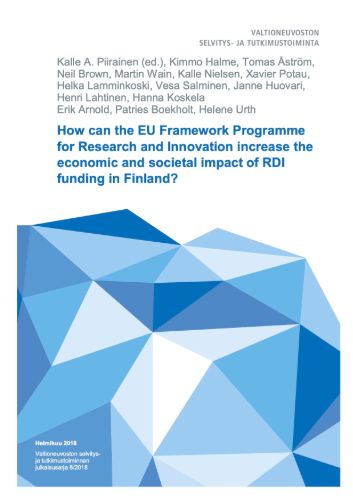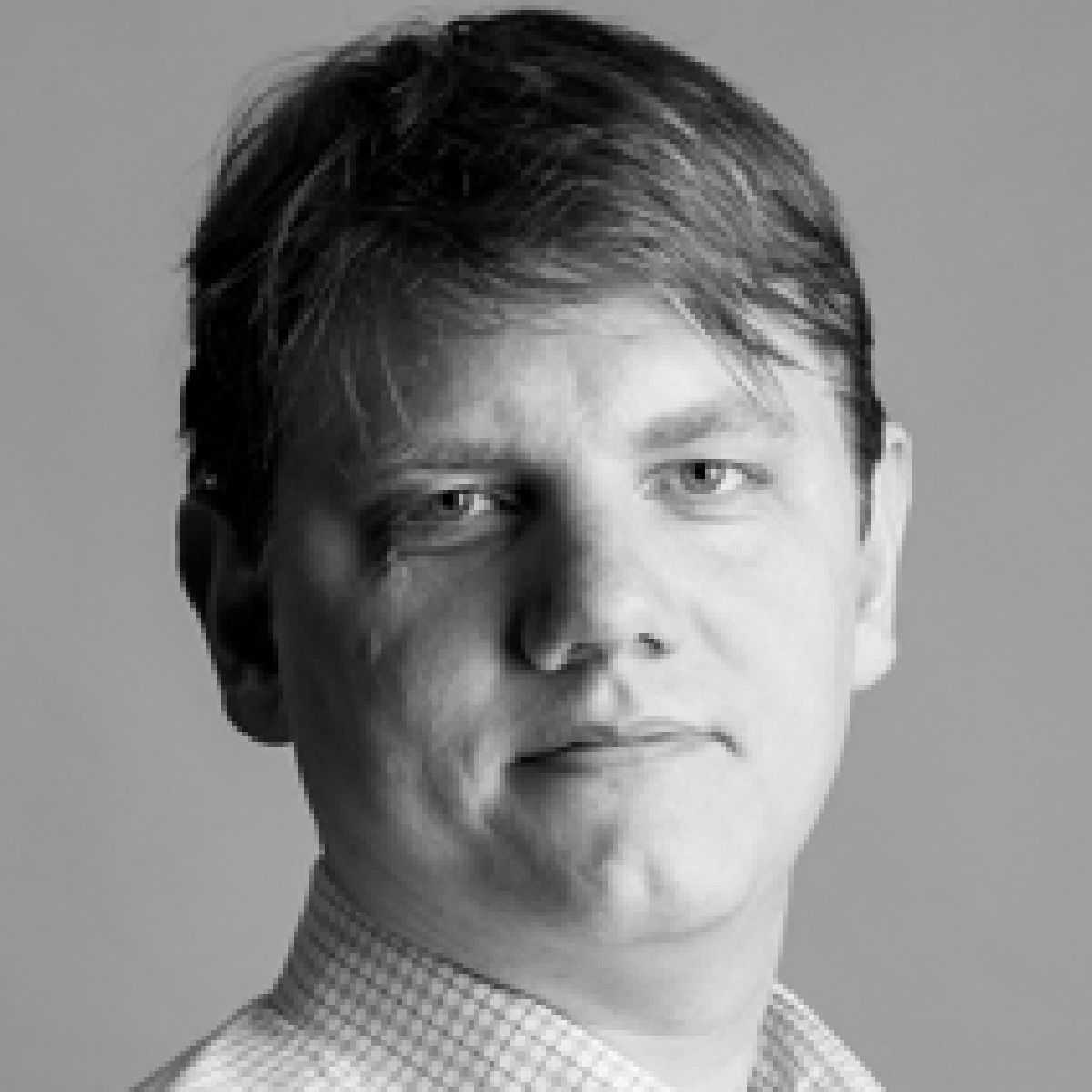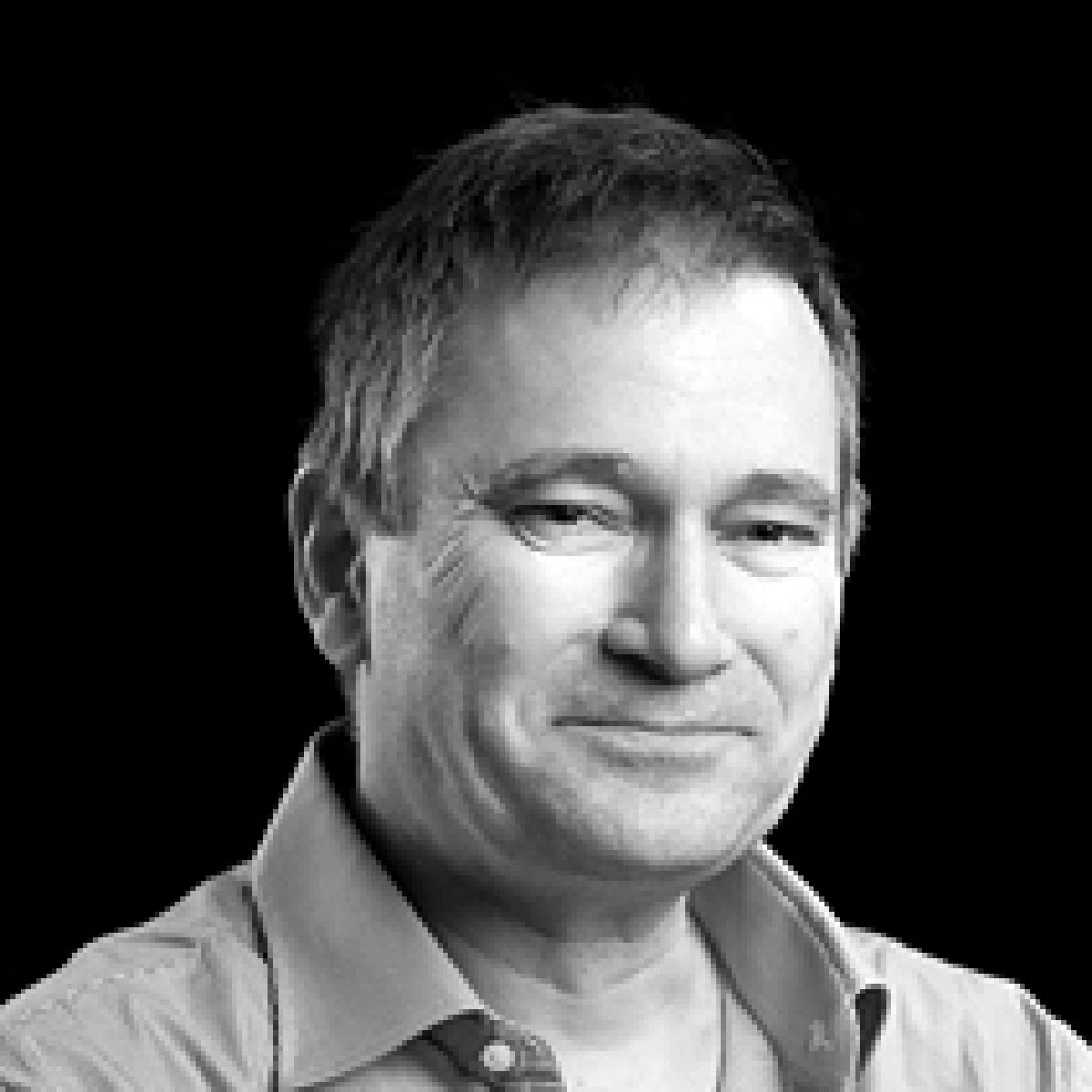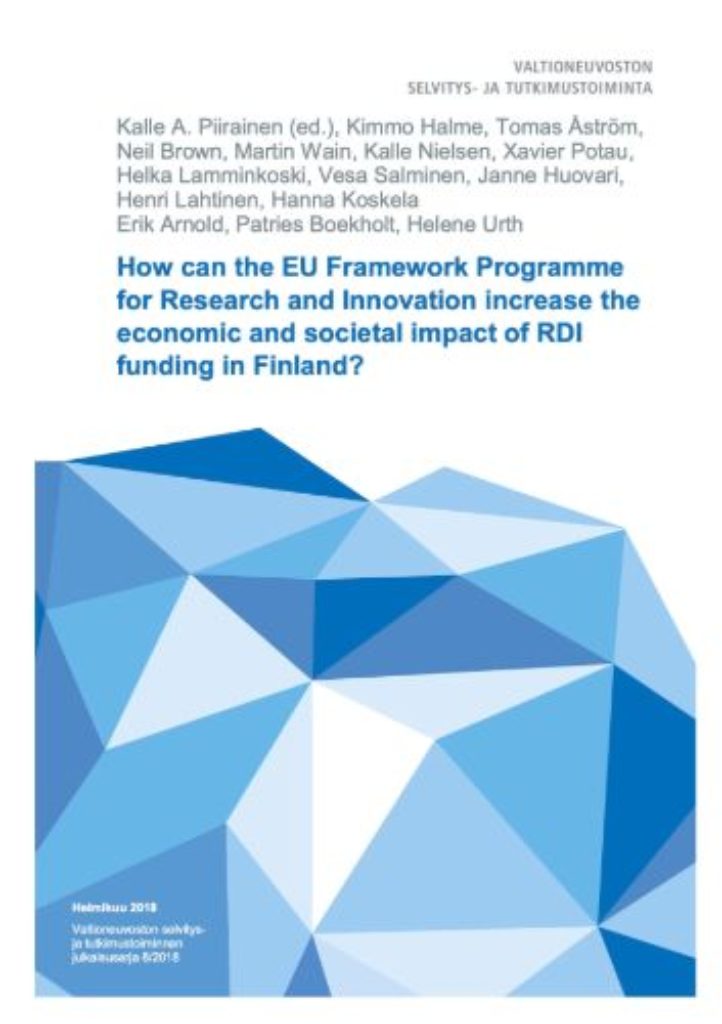How can the EU Framework Programme for Research and Innovation increase the economic and societal impact of RDI funding in Finland?
Publication date: 15 februari 2018 | Report language: EN
Long-term objectives of Finnish research and innovation policy. One objective of the current government is to improve the quality and effectiveness of research and innovation. This study examines what kinds of benefits have been obtained from EU Framework Programmes and how Finnish participation can be further supported.
Overall, the FP provides clear added value for Finnish participants, and they are generally very satisfied with their experience and the results of participation. The projects have contributed to generating new knowledge, skills, international networks and technology development.
Finland’s share of the total funding drawdown is larger than the calculated share of payments towards the FP, but the challenge is that Finnish proposal acceptance rate is relatively weak compared to other Northern European small advanced economies. The evaluation proposes:
- A clear national RDI strategy towards the EU and FPs
- Analysis of the root cause of low application success rate
- Strengthening the support measures for FP participation
- Leverage best practices in FP application and participation







